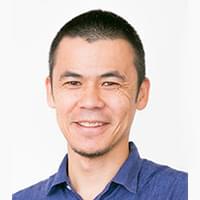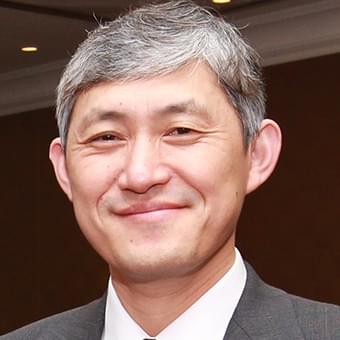Climate Action in Asia in the “Decisive Decade”
- English (Simultaneous interpretation)
- Climate Change
The 2020s are the critical, decisive decade for the world to take action for achieving the long-term goal of the Paris Agreement. This is particularly true for Asia, which is going through rapid economic growth but remains highly vulnerable to the negative impacts of climate change. Reflecting scientific findings in the Intergovernmental Panel on Climate Change (IPCC)’s latest assessment report as well as outcomes from the COP26 climate negotiation, this session will discuss two questions:
What are key messages from the IPCC 6th Assessment Report (Working Group 1) for Japan and other Asian countries?;
What do the outcomes of COP26 mean for Japan, China and other Asian countries?
Programme Director, Climate and Energy Area, IGES

TAMURA Kentaro
Programme Director, Climate and Energy Area, IGES
Dr. Tamura obtained PhD in International Relations from the London School of Economics (LSE). After working for the Yokohama National University, he joined IGES in 2003. He has centred his research on international cooperation on climate change, in particular the development and design of international climate regime, political economy and comparative studies of domestic climate and energy policy making processes in major economies. He published a number of peer-reviewed journal articles and book chapters and edited books in the field of climate and energy policy.
Director, Energy Research Institute (ERI)

Kejun Jiang
Director, Energy Research Institute (ERI)
Kejun Jiang’s research focus is energy, climate change mitigation and air pollution prevention policy assessment by using IPAC modeling, to support national five year plans, and long-term planning. He began his research in ERI from 1990, and led the development of Integrated Policy Assessment Model for China(IPAC). IPAC modeling team is now a leading research team on China’s 2050 energy transition studies by providing benchmark research results. Major research focus includes energy and emission scenarios, energy policy, energy system,. energy market analysis, and climate change, local environment policies and international negotiation. He also was authors of IPCC for Special Report on Emission Scenario from 1997, and Working Group III Third Assessment Report, leader author for IPCC WGIII AR4 Chapter 3, and leader author for GEO-4 Chapter 2, CLA in WGIII of IPCC AR5, LA for IPCC AR5 Synthesis Report, CLA of IPCC Special Report on 1.5℃ Warning, Vice Co-Chair of GEO6. From 2010, he is author for UNEP Emission Gaps. Now he is lead author of IPCC AR6 WGIII. He also joined international research collaboration projects such as EMF, FP6, FP7 and H2020 research projects. He is member of Scientific Panel of UNEP CCAC, and Scientific Committee of IAMC. He got his Ph.D in Social Engineering Department of Tokyo Institute of Technology.
Professor at the Institute for Future Initiatives, The University of Tokyo

TAKAMURA Yukari
Professor at the Institute for Future Initiatives, The University of Tokyo
TAKAMURA Yukari specialises in international law and environmental law. Her research focuses on legal and governance issues relating to multilateral environmental agreements as well as climate and energy laws and policies. She is member of the Editorial Board of Journal Sustainability Science and of the Editorial Advisory Board of Journal Climate Policy.
She serves as member of governmental advisory bodies, among others, Central Environmental Council as President, Procurement Price Calculation Committee for Feed-in Tariff Scheme for Renewable Energy as Chair and Science Council of Japan as Vice President. She also serves as one of 10 members in the expert meeting established under the Prime Minister to promote climate actions and member of Advisory Group on Climate Change and Sustainable Development of ADB. She received Environmental Conservation Merit's Minister of the Environment Award in 2018.






